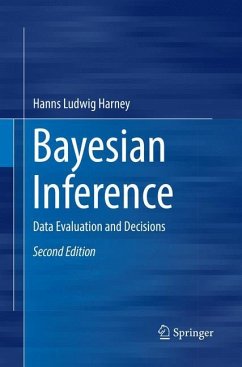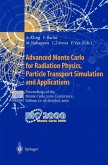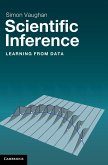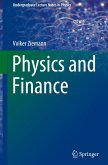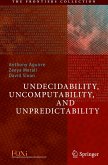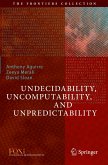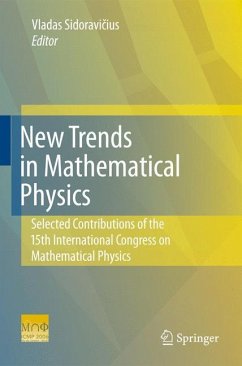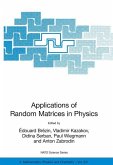This new edition offers a comprehensive introduction to the analysis of data using Bayes rule. It generalizes Gaussian error intervals to situations in which the data follow distributions other than Gaussian. This is particularly useful when the observed parameter is barely above the background or the histogram of multiparametric data contains many empty bins, so that the determination of the validity of a theory cannot be based on the chi-squared-criterion. In addition to the solutions of practical problems, this approach provides an epistemic insight: the logic of quantum mechanics is obtained as the logic of unbiased inference from counting data. New sections feature factorizing parameters, commuting parameters, observables in quantum mechanics, the art of fitting with coherent and with incoherent alternatives and fitting with multinomial distribution. Additional problems and examples help deepen the knowledge. Requiring no knowledge of quantum mechanics, the book is written on introductory level, with many examples and exercises, for advanced undergraduate and graduate students in the physical sciences, planning to, or working in, fields such as medical physics, nuclear physics, quantum mechanics, and chaos.

